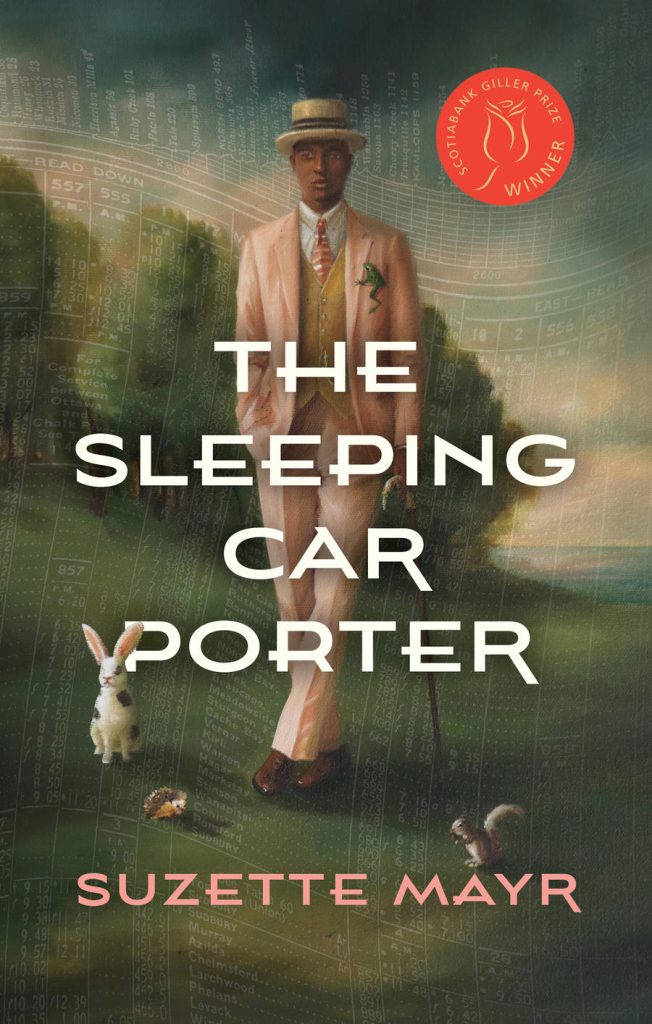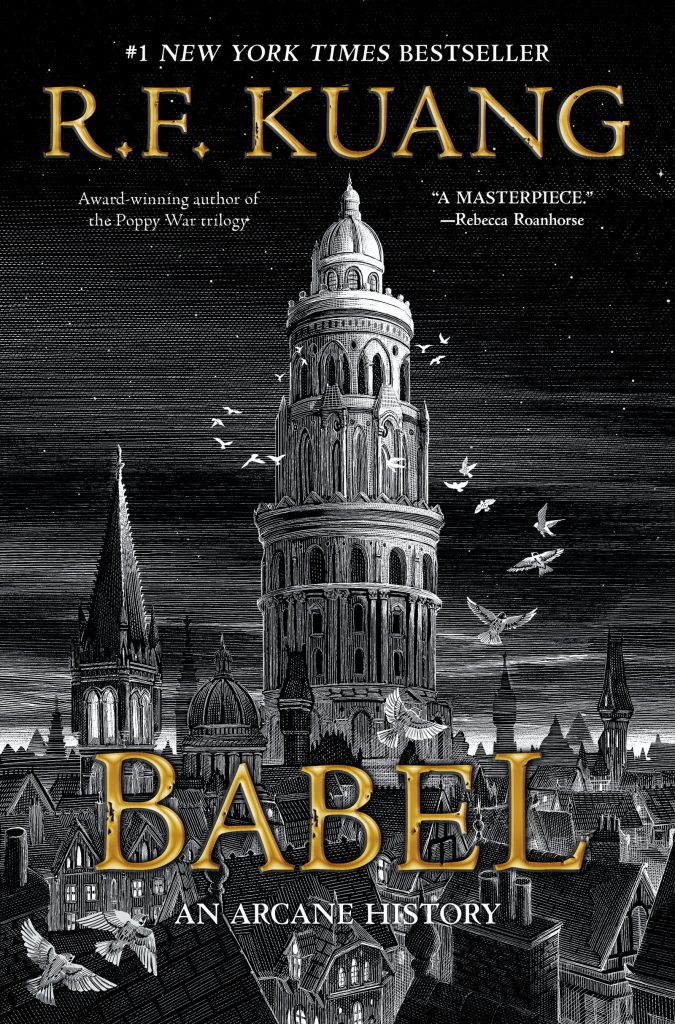February is Black History Month! To celebrate, VPL has put together programming for all ages, including Black History: The Music and the Message for kids, and an adult book club where we’ll discuss The Skin We’re In by Desmond Cole. For more programming options, check out our What’s On Magazine.
Suzette Mayr’s The Sleeping Car Porter uncovers a portion of Canadian history lost to time—more specifically, Black Canadian history, lost to time due to institutional neglect. The 2022 Giller Prize winning novel follows a young Black man in the 1920s named Baxter, who has come over from the Caribbean for a job as a train porter in order to save up money for dental school. The novel’s timeline is a single cross-country train journey, from Montreal all the way to Banff, during which Baxter’s lack of sleep results in a blurry delirium made worse by the constant demands of his customers.
I’ll admit I knew nothing about sleeping car porter history prior to reading this novel, but there were enough intentionally placed, specific references to suspect that there was likely a well of history behind Baxter’s story. Why, for example, did (white) customers keep calling him George? What was this Brotherhood they keep mentioning? Turning the last page over to Mayr’s extensive bibliography was the final clue that this novel is very, very heavily based on real Canadian history. So like any good nerd, I went on a bit of a deep dive and checked out They Call Me George: The Untold Story of Black Train Porters and the Birth of Modern Canada by Cecil Foster and My Name’s Not George: The Story of the Brotherhood of Sleeping Car Porters in Canada by Stanley G. Grizzle, two titles from Mayr’s research that are available at VPL. They Call Me George is a particularly useful companion read to The Sleeping Car Porter, as it often answers the questions brought up in the novel. What I learned took me by surprise: Black porters were not only part of the Canadian cultural consciousness of the early to mid-20th century, they were also instrumental in instigating a Black middle class, and even helped cement—not by accident, but by will—our identity as a multicultural nation, on which we now pride ourselves.
Continue reading

